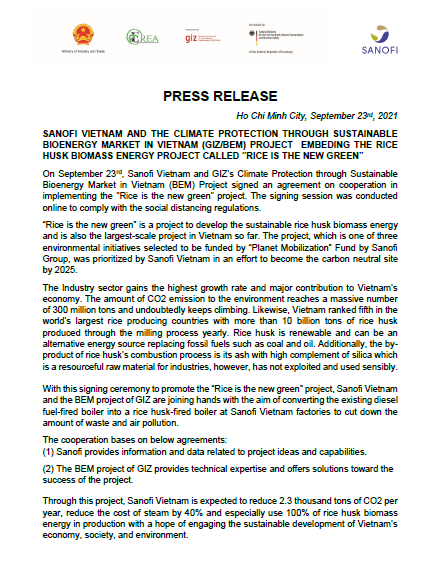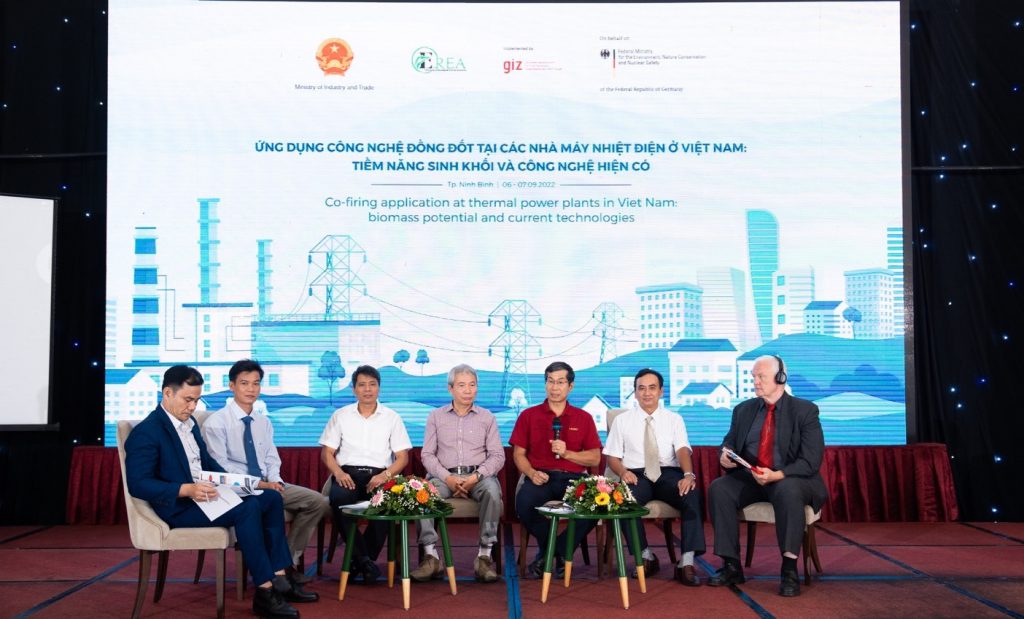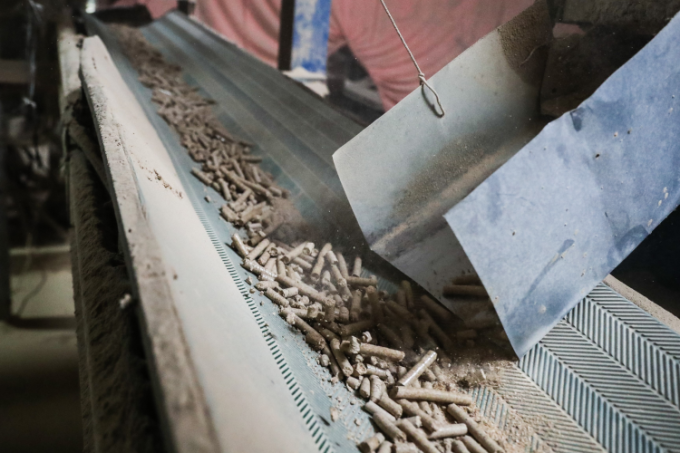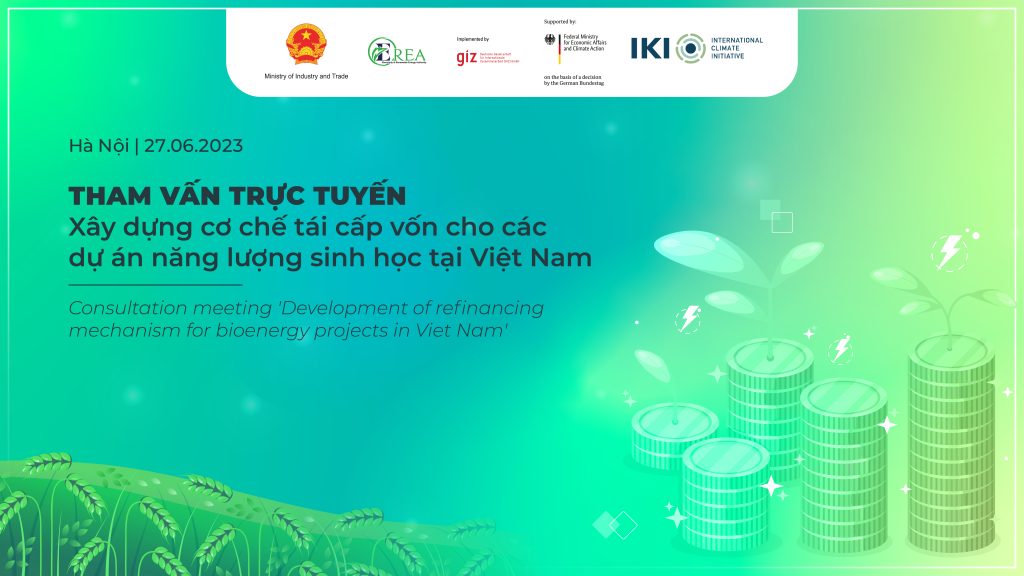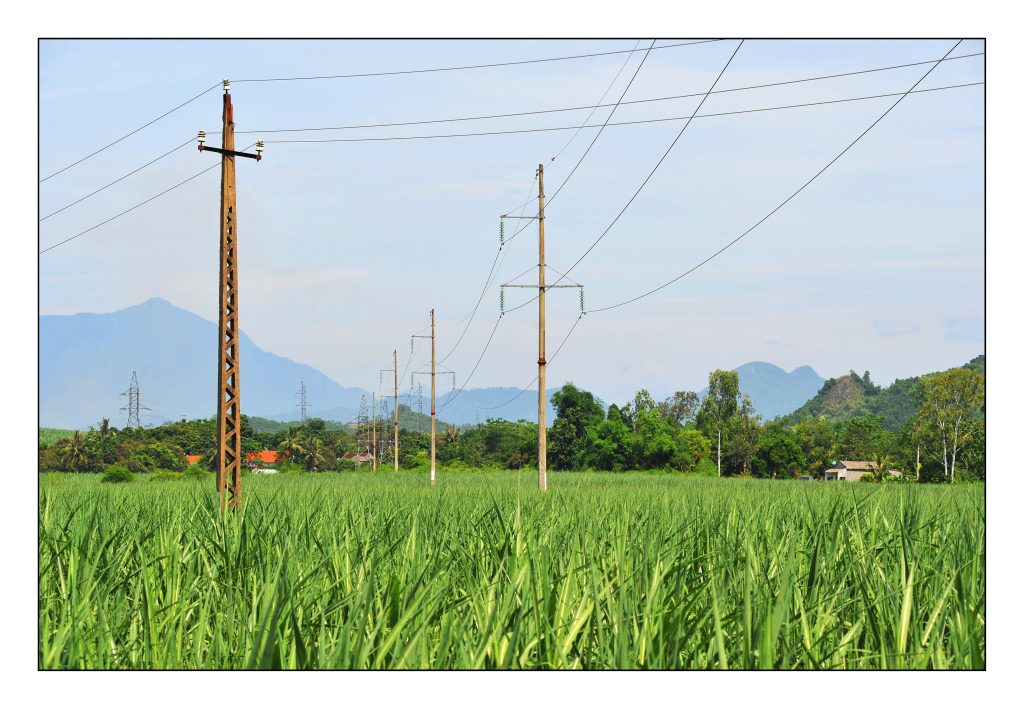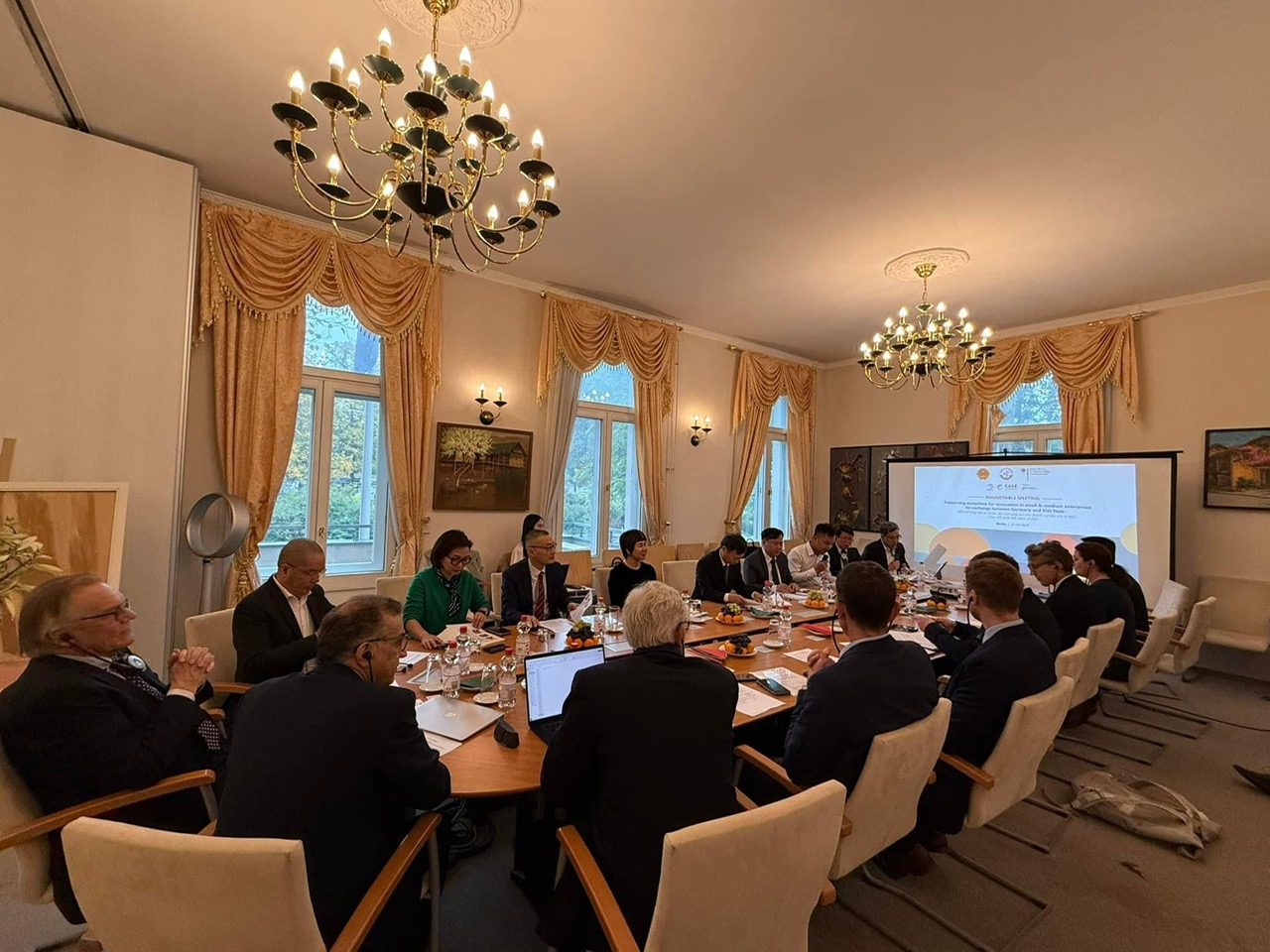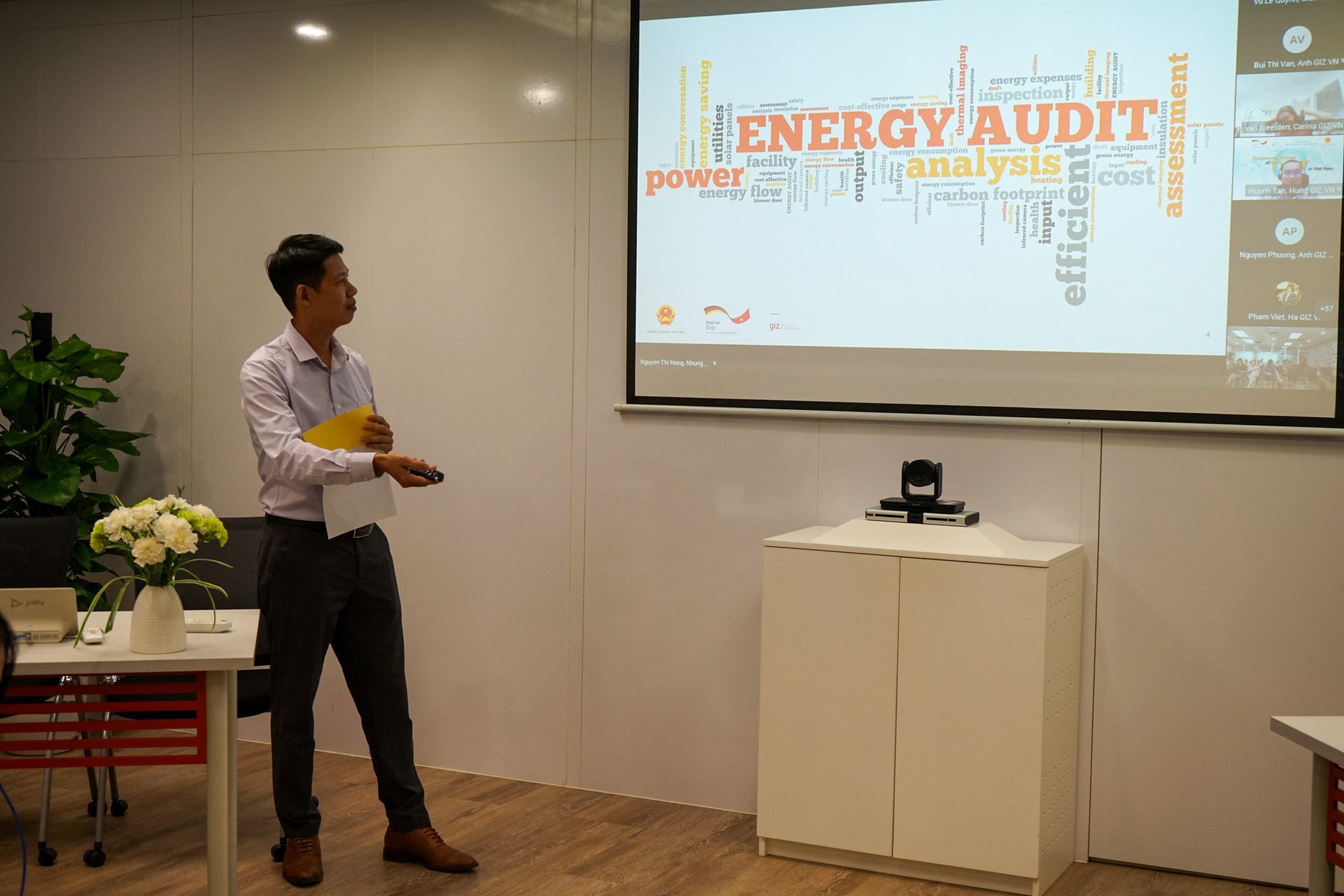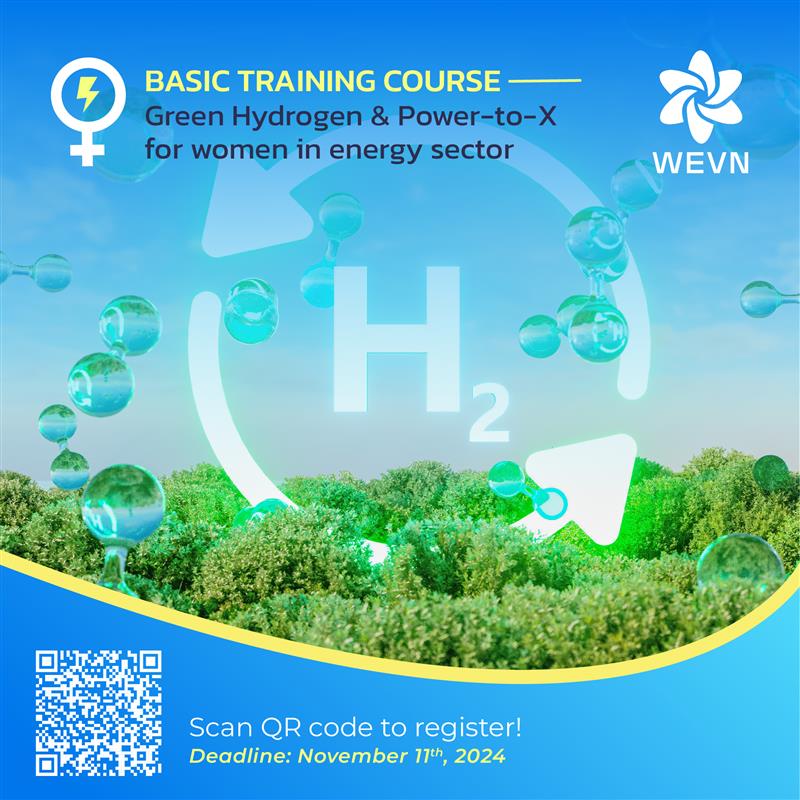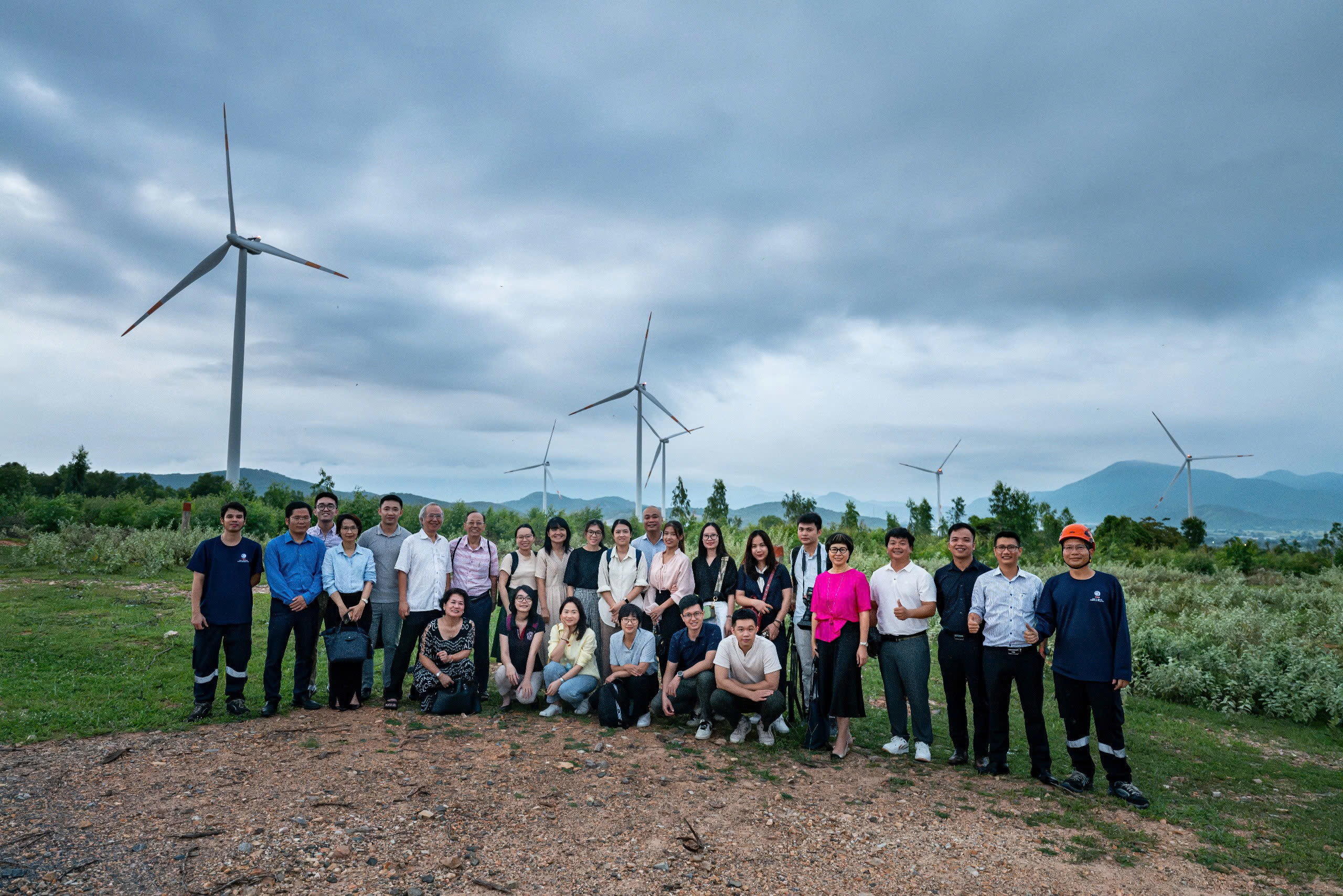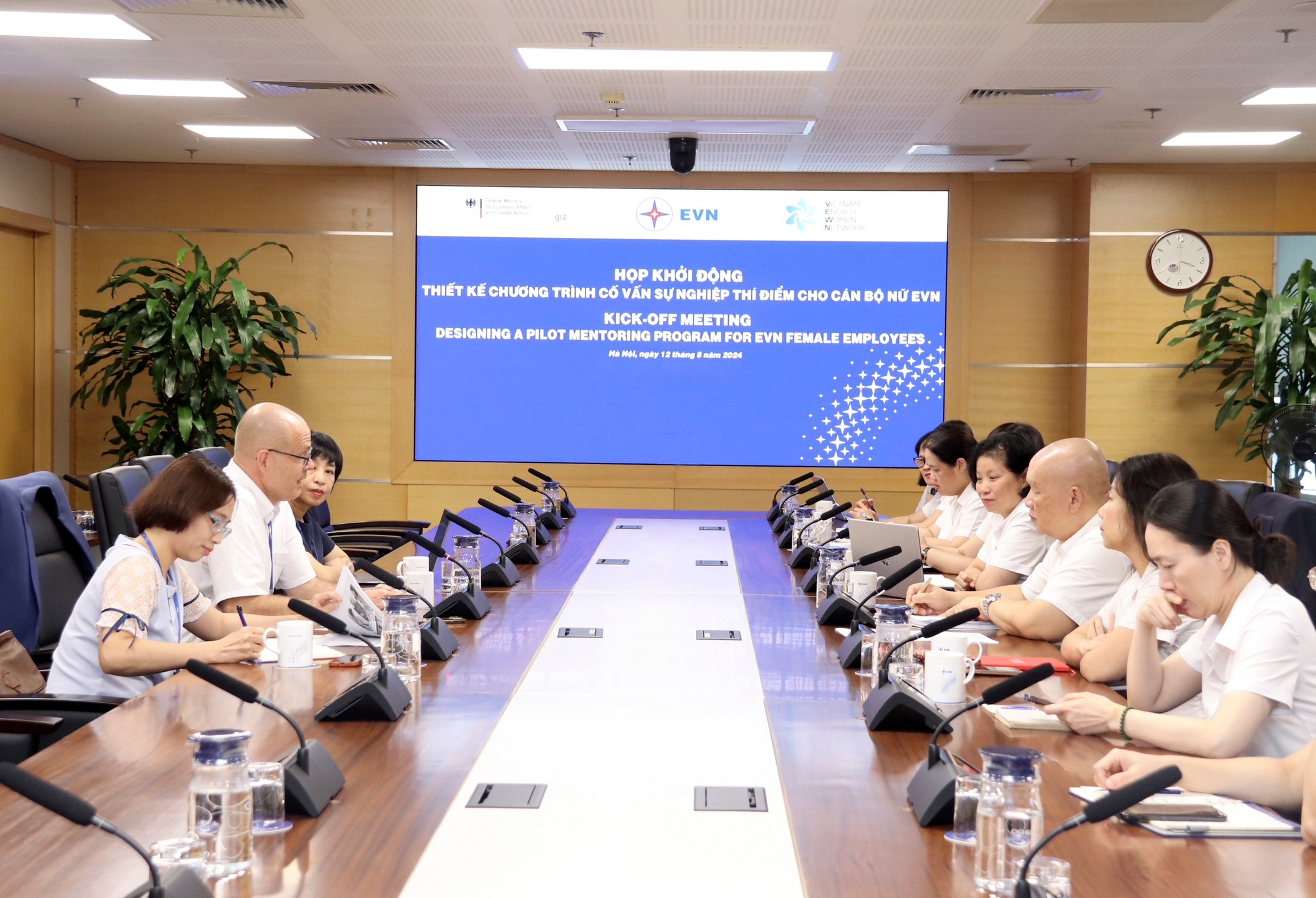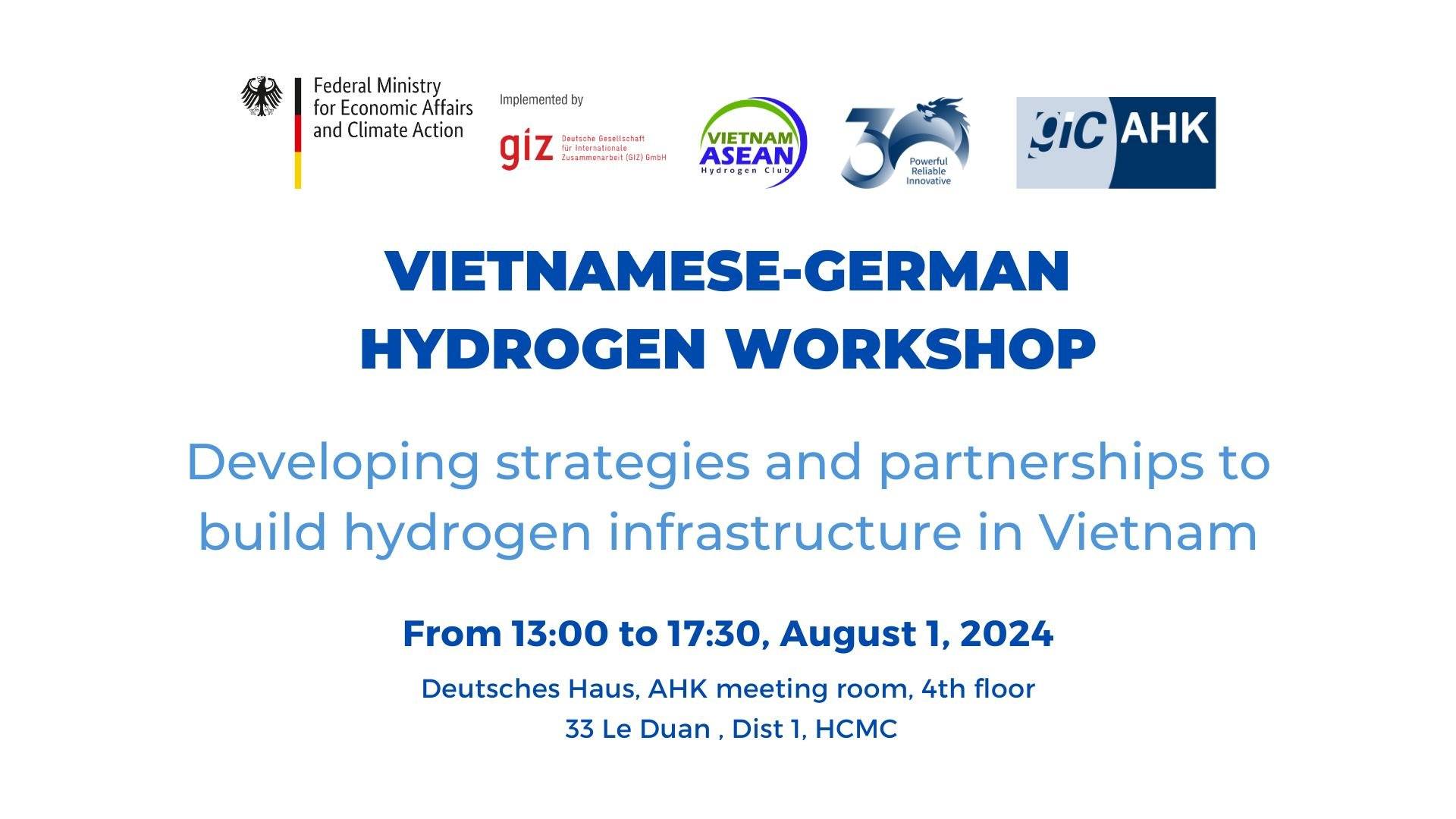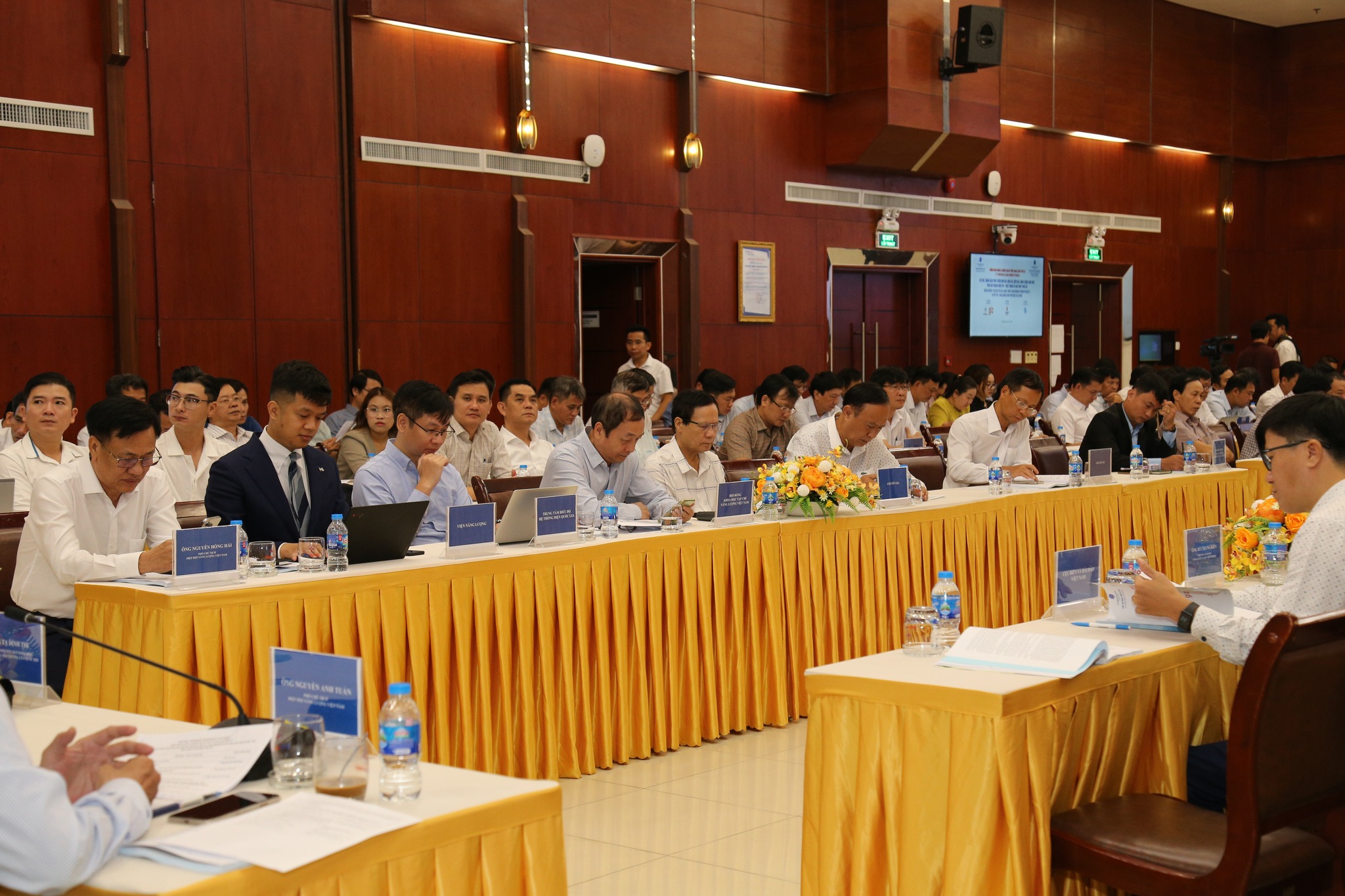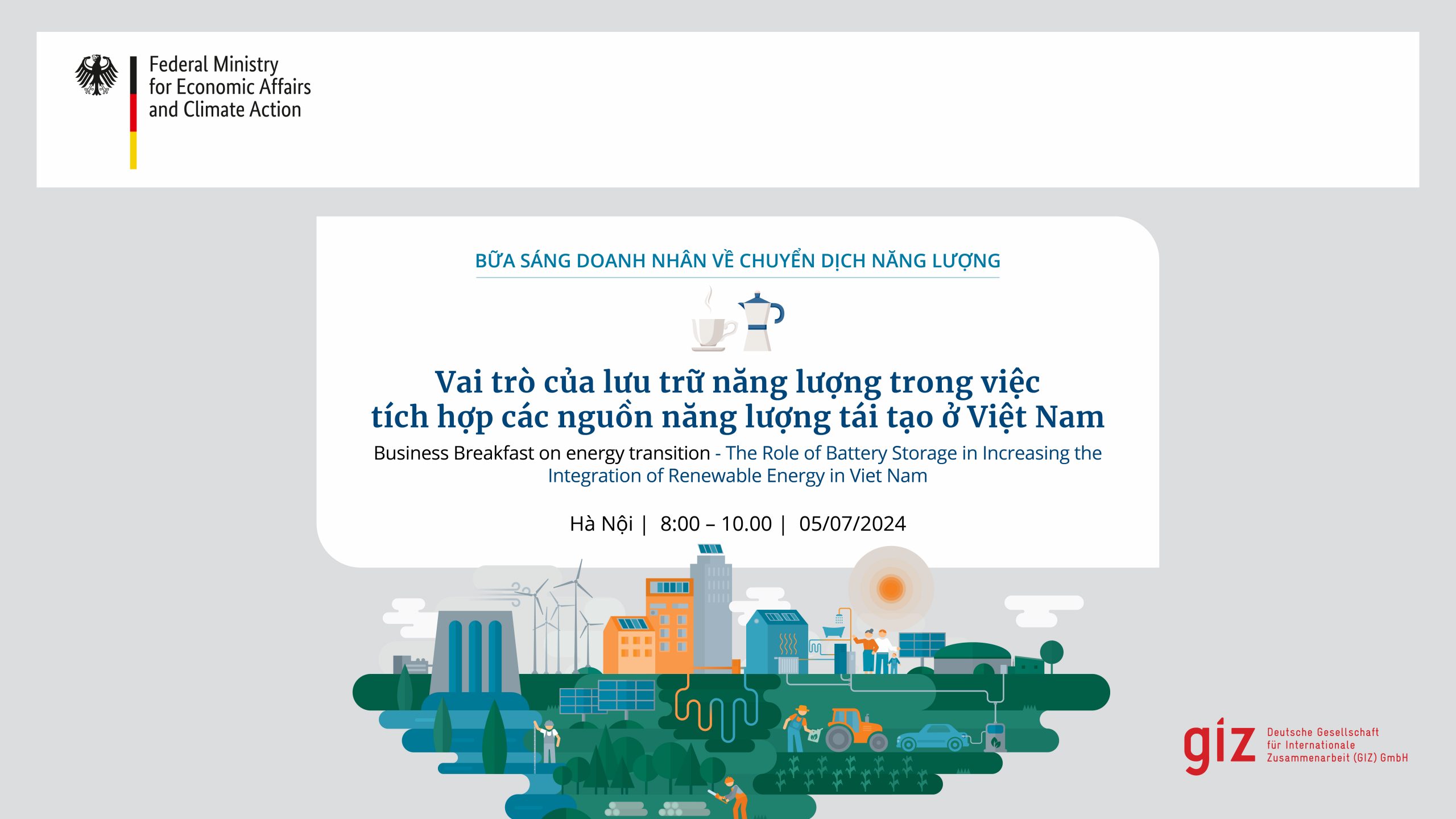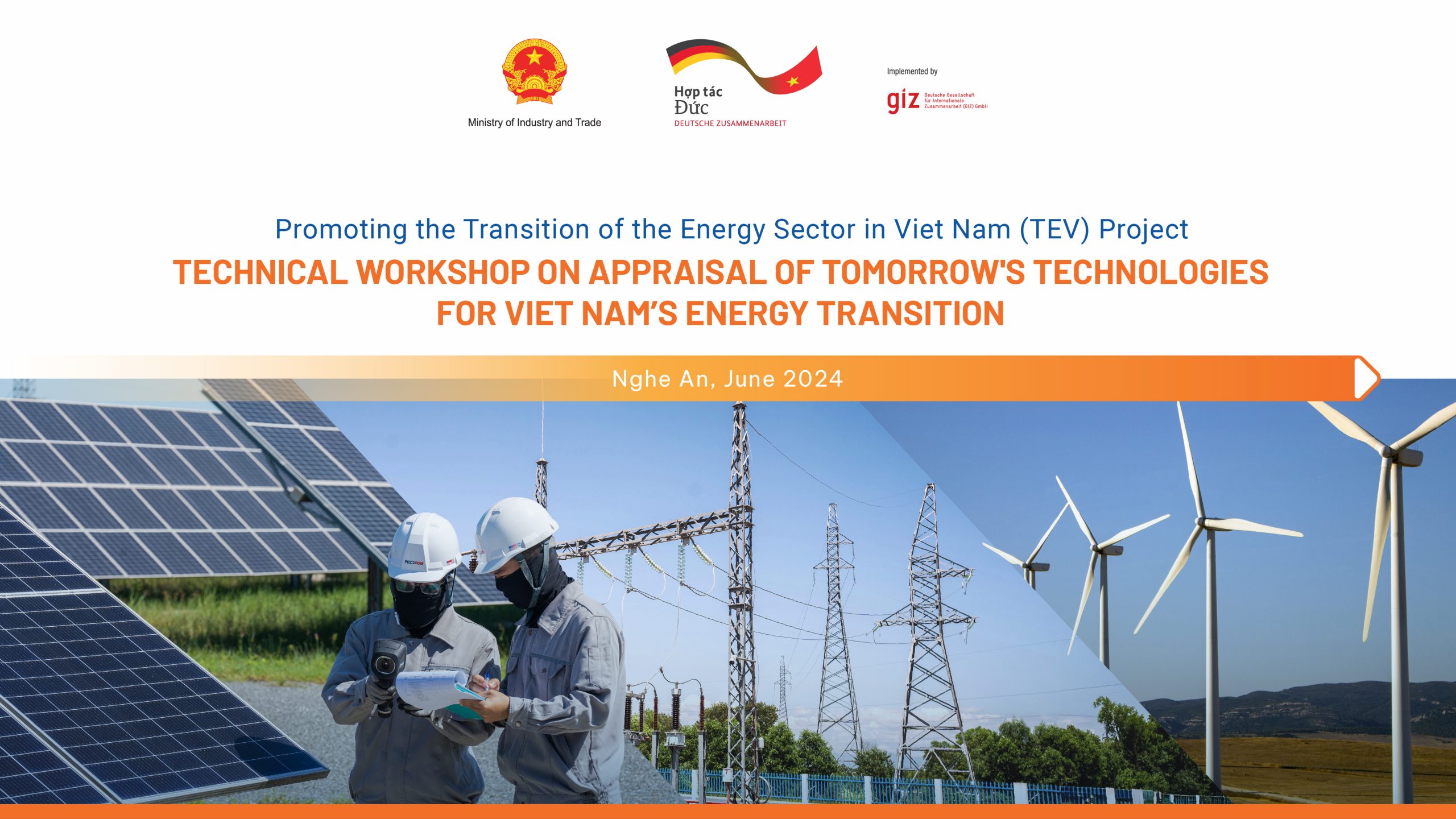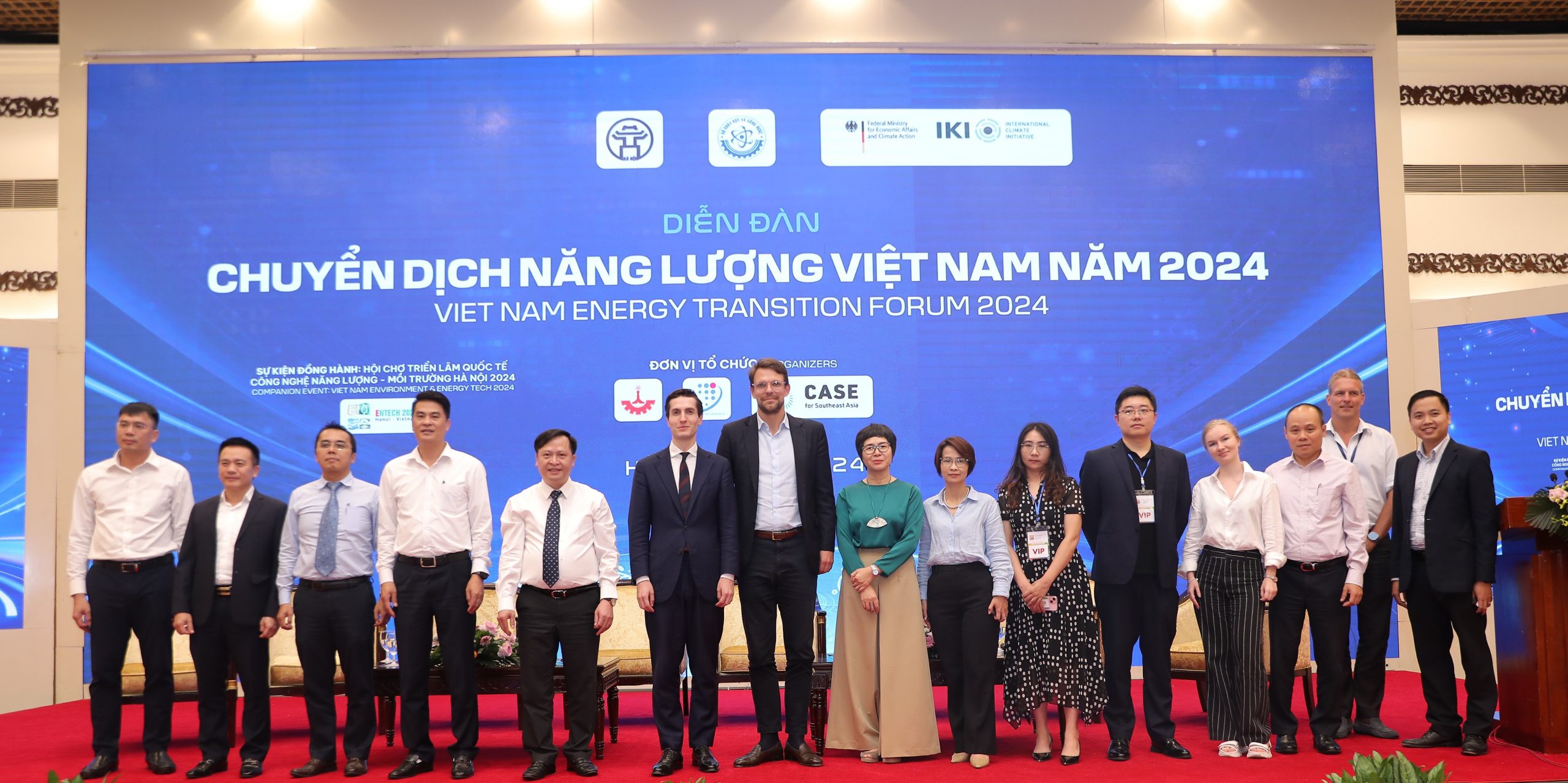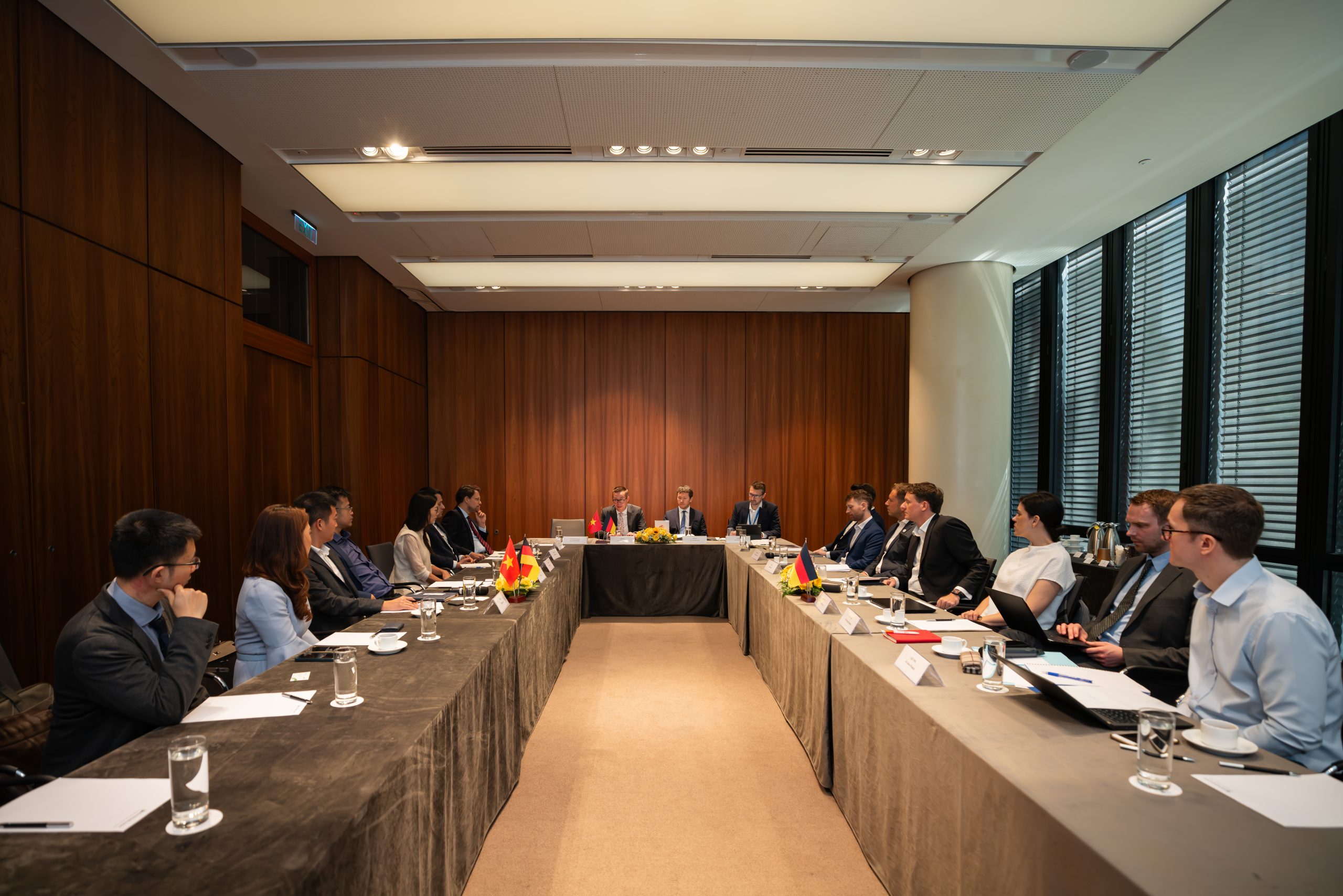SANOFI VIETNAM AND THE CLIMATE PROTECTION THROUGH SUSTAINABLE BIOENERGY MARKET IN VIETNAM (GIZ/BEM) PROJECT EMBEDING THE RICE HUSK BIOMASS ENERGY PROJECT CALLED “RICE IS THE NEW GREEN”
On September 23rd, Sanofi Vietnam and GIZ’s Climate Protection through Sustainable Bioenergy Market in Vietnam (BEM) Project signed an agreement on cooperation in implementing the “Rice is the new green” project. The signing session was conducted online to comply with the social distancing regulations.
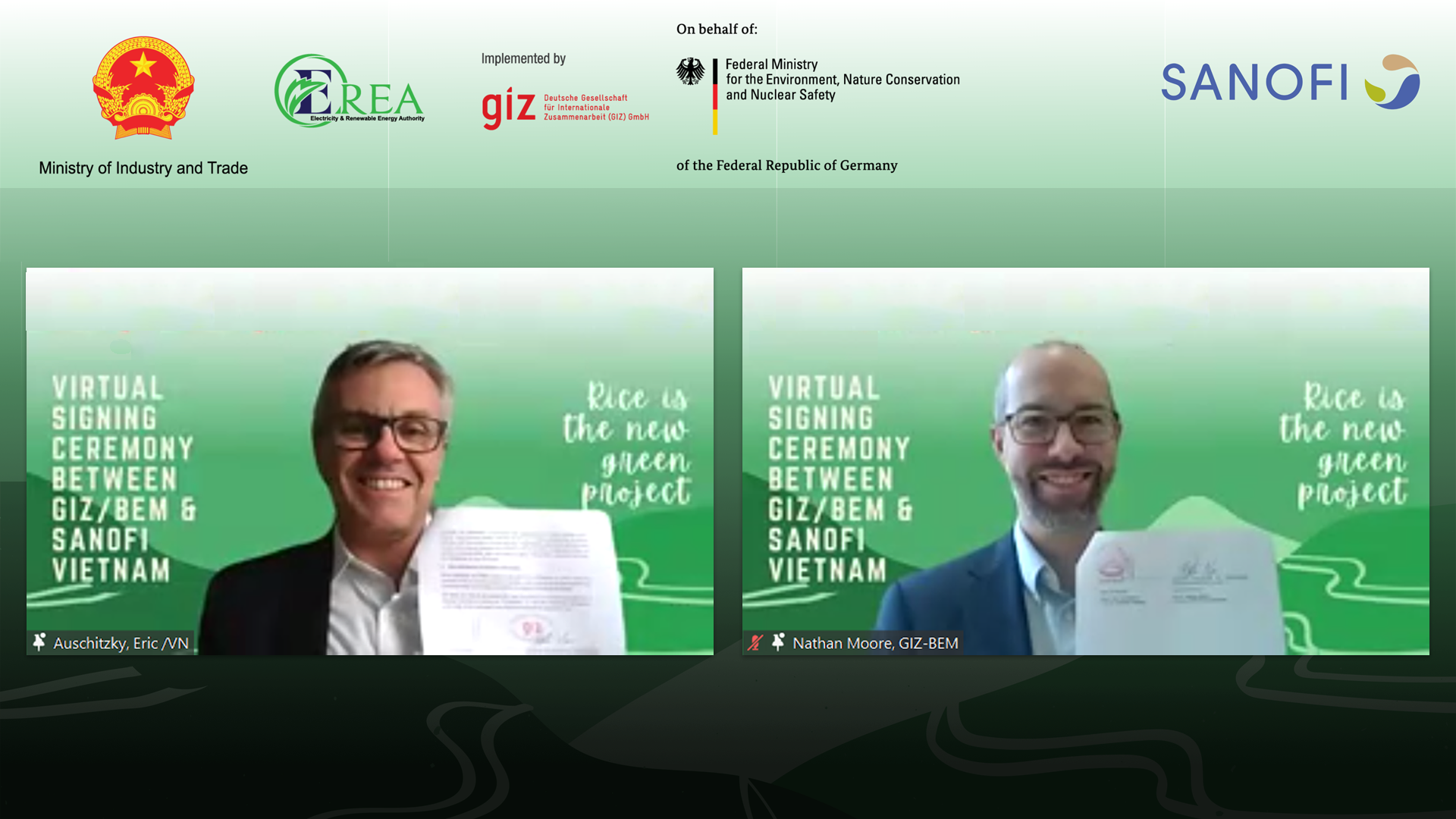
Mr. Eric Auschitzky – Head of Industrial Affairs, Sanofi Vietnam (Manufacturing site) & Mr. Nathan Moore – Director of GIZ’s BEM project in Vietnam in the signing ceremony
“Rice is the new green” is a project to develop the sustainable rice husk biomass energy and is also the largest-scale project in Vietnam so far. The project, which is one of three environmental initiatives selected to be funded by “Planet Mobilization” Fund by Sanofi Group, was prioritized by Sanofi Vietnam in an effort to become the carbon neutral site by 2025.
The Industry sector gains the highest growth rate and major contribution to Vietnam’s economy. The amount of CO2 emission to the environment reaches a massive number of 300 million tons and undoubtedly keeps climbing. Likewise, Vietnam ranked fifth in the world’s largest rice producing countries with more than 10 billion tons of rice husk produced through the milling process yearly. Rice husk is renewable and can be an alternative energy source replacing fossil fuels such as coal and oil. Additionally, the by-product of rice husk’s combustion process is its ash with high complement of silica which is a resourceful raw material for industries, however, has not exploited and used sensibly.
With this signing ceremony to promote the “Rice is the new green” project, Sanofi Vietnam and the BEM project of GIZ are joining hands with the aim of converting the existing diesel fuel-fired boiler into a rice husk-fired boiler at Sanofi Vietnam factories to cut down the amount of waste and air pollution.
The cooperation bases on below agreements:
(1) Sanofi provides information and data related to project ideas and capabilities.
(2) The BEM project of GIZ provides technical expertise and offers solutions toward the success of the project.
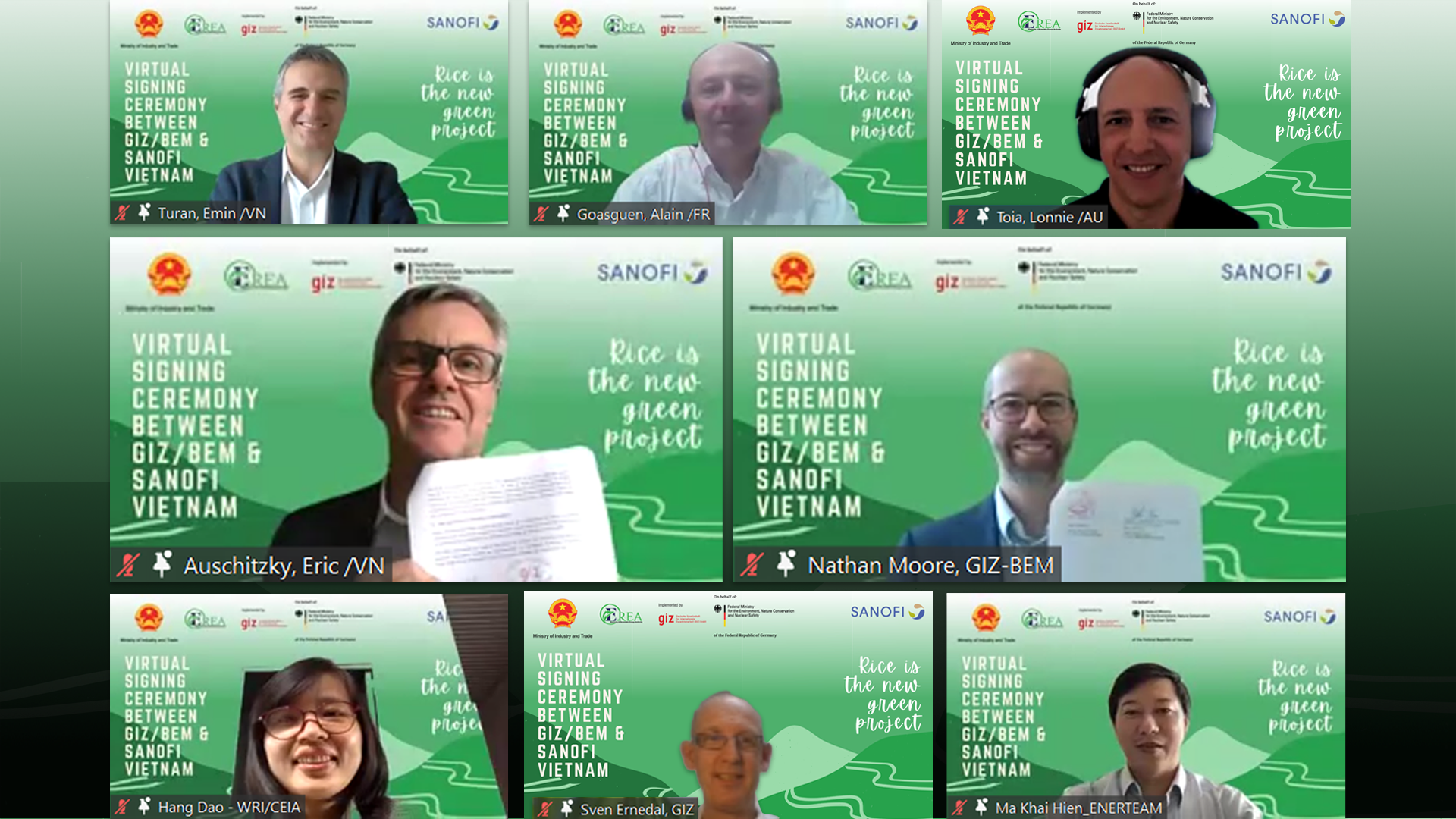
The signing session was conducted online to comply with the social distancing regulations.
Through this project, Sanofi Vietnam is expected to reduce 2.3 thousand tons of CO2 per year, reduce the cost of steam by 40% and especially use 100% of rice husk biomass energy in production with a hope of engaging the sustainable development of Vietnam’s economy, society and environment.
““Rice is the new green” is a meaningful and creative project. Not only pioneering the use of clean energy in production, this project also exploits and utilizes a great deal of rice husk resource which is quite abundant in Vietnam. This is absolutely matches the objective of GIZ’s BEM project in Vietnam. With the professional support from GIZ’s BEM project and great effort of Sanofi, this project is expected to bring fruitful outcome to the growth of green industry ecosystem in Vietnam in the near future.”, according to Mr. Nathan Moore – Director of GIZ’s BEM project in Vietnam during the ceremony.
Referring to Sanofi’s Corporate Social Responsibility through this innovation, “With a long-term commitment to global environmental protection and ongoing development in Vietnam, Sanofi has made remarkable attempt to minimize any potential impacts on the environment including: reducing plastic waste from factories, reducing the use of carton paper, building an ecological garden on the premises,… Associating with the GIZ’s BEM project, “Rice is the new green” will definitely an innovative and determined step of Sanofi Vietnam on the journey to become a pioneer in transforming and using renewable resources in the country; as well as its further ambition to be an ambassador to promote and replicate the rice husk biomass evolution to other enterprises to take advantage of this plentiful green energy in Vietnam, heading a carbon-free emission future across the country”, said Mr. Eric Auschitzky – Head of Industrial Affairs, Sanofi Vietnam (Manufacturing site).
Sources of information:
- https://www.statista.com/statistics/1195874/vietnam-annual-co2-emissions/
- https://www.statista.com/statistics/255945/top-countries-of-destination-for-us-rice-exports-2011/?fbclid=IwAR3E6nEecNOnEHHnnEa6_mcWCGc8lLjtqSTv_IW5KLNI4RvcZEf3JN34vfM
About Sanofi Viet Nam
Sanofi Viet Nam’s head office is located in Ho Chi Minh City. With more than 1,000 staffs working across the country, Sanofi’s products have been sold in Viet Nam for nearly 60 years. Sanofi is a multinational pharmaceutical corporation of which the factory in Ho Chi Minh city achieved GMP-PIC/S recognition (Good Manufacturing Practice for Medicinal Products), certificated by TGA – the Australian Government Department of Health. The factory produces 80% of its units sold in the country. With a long development history, a diversified product portfolio and a market leadership position, Sanofi has gained an overwhelming advantage in meeting patients’ needs. In 2018, Sanofi Viet Nam became a leading pharmaceutical company occupying roughly 4% of market shares. In 2019, according to the Decision No. 2542/QD-BYT of the Ministry of Health, Sanofi Viet Nam was granted a Certificate of eligibility for drug business applicable to imported drugs as prescribed by the Government’s Decree No. 54/2017/ND-CP dated 8 May 2017. For further information, please go to the website www.sanofi.com.vn.
Sanofi Viet Nam is a part of Sanofi Corporate, a multinational pharmaceutical corporation headquartered in France which engages in research and development, and have subsidiaries and representative offices in over 100 countries. At Sanofi, we commit to provide people all around the world with innovative solutions to their self-care in health towards healthier and fulfilled lives. Investing in research on and development of high-quality medical products with international standards, in Viet Nam, Sanofi provides innovative solutions to health care, including products for cold, cough and allergy treatment; pain relief products; digestive health care products; nutritional supplements; and baby and feminine hygiene products.
Furthermore, with its constant efforts to research on and develop innovative prevention and treatment products, Sanofi is specialised in supplying vaccines for preventing diseases as well as quality products for treating diabetes, rare diseases, multiple sclerosis, cardiovascular diseases and cancers, etc. Sanofi’s products are currently supporting patients with rare diseases as well as millions of people with chronic diseases.
About GIZ’s Climate Protection through Sustainable Bioenergy Market in Viet Nam (BEM) Project:
The BEM project is within the scope of the GIZ Energy Support Programme, which is implemented by the Deutsche Gesellschaft für Internationale Zusammenarbeit (GIZ) GmbH 1. The project aims to support the Vietnamese Government in increasing the share of biomass energy in the total electricity generation. Being active from 2019 to 2023, the BEM project will improve the preconditions for a sustainable use of biomass for electricity and heat generation in the country..
The BEM project aims to i) improve the legal and regulatory framework for the development of biomass energy, ii) develop capacity for financial institutions, related organisations, private enterprises and individuals on this development process, and iii) enhance technology cooperation, research and development among Vietnamese and international stakeholders in the field of biomass energy.
The BEM project is commissioned by the German Federal Ministry for the Environment, Nature Conservation and Nuclear Safety (BMU) through the International Climate Initiative (IKI). The project is implemented by GIZ and the Electricity and Renewable Energy Authority of the Ministry of Industry and Trade.
For more information about the BEM project, please go to the website: BEM Project



